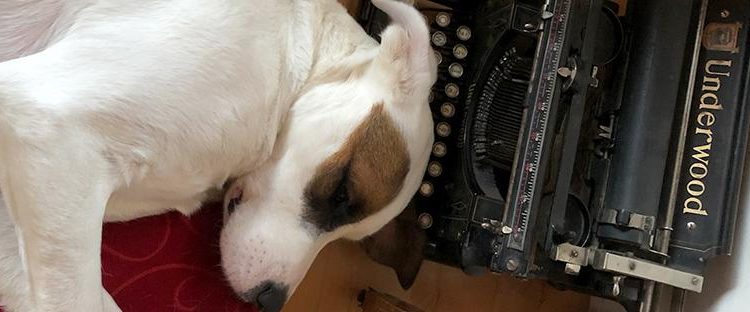It’s always handy to have writing basics at your fingertips in a nutshell: Viewpoint – The perspective you choose and use to tell your story. In the simplest terms the choices are 1st person (I), 2nd person (you, rarely used), limited 3rd person (he, she, as in a central character or protagonist), and 3rd person omniscient (sometimes defined as a godlike viewpoint, shifting between and encompassing the viewpoints of multiple characters). Viewpoint a.k.a. POV. Summary – The efficient and active accounting of story events that otherwise are not rendered fully in a scene. Story-telling with the emphasis on the telling versus the …
WRITING BASICS: ELEMENTS OF CRAFT IN A NUTSHELL










